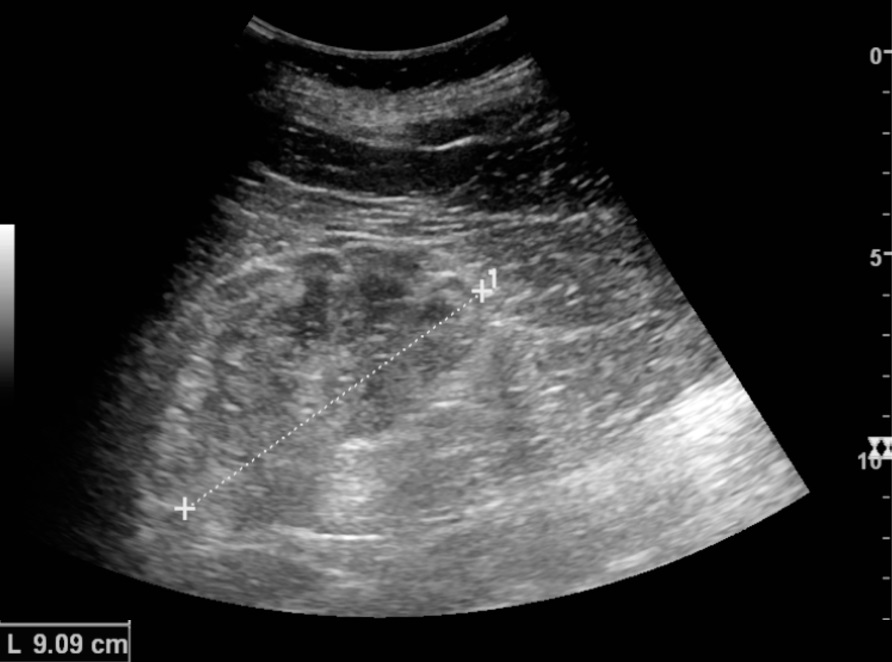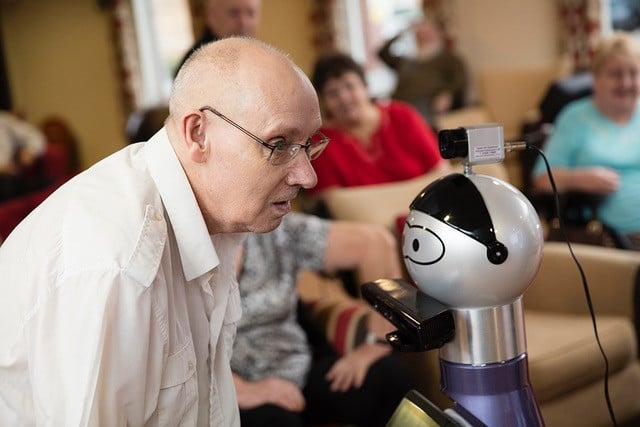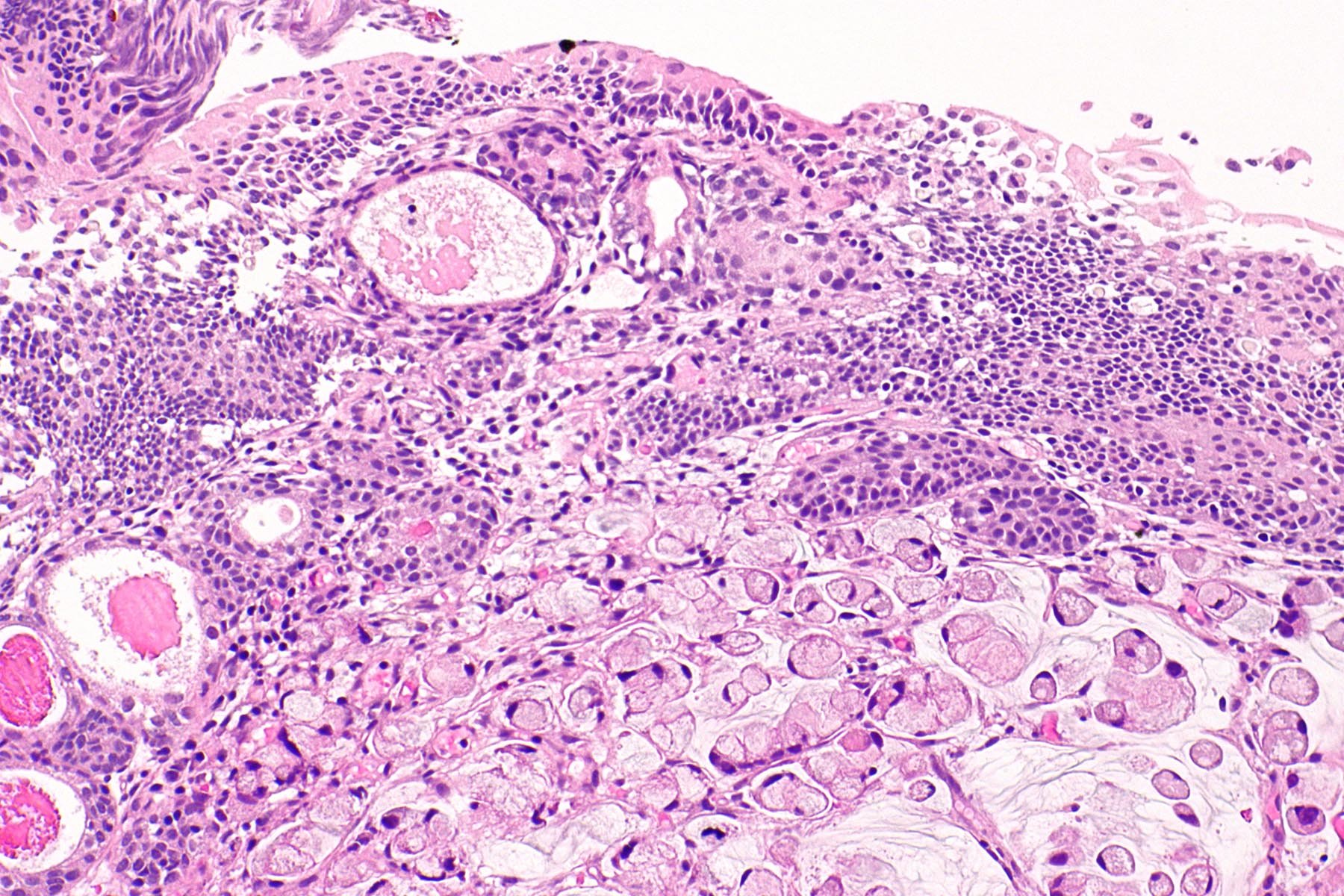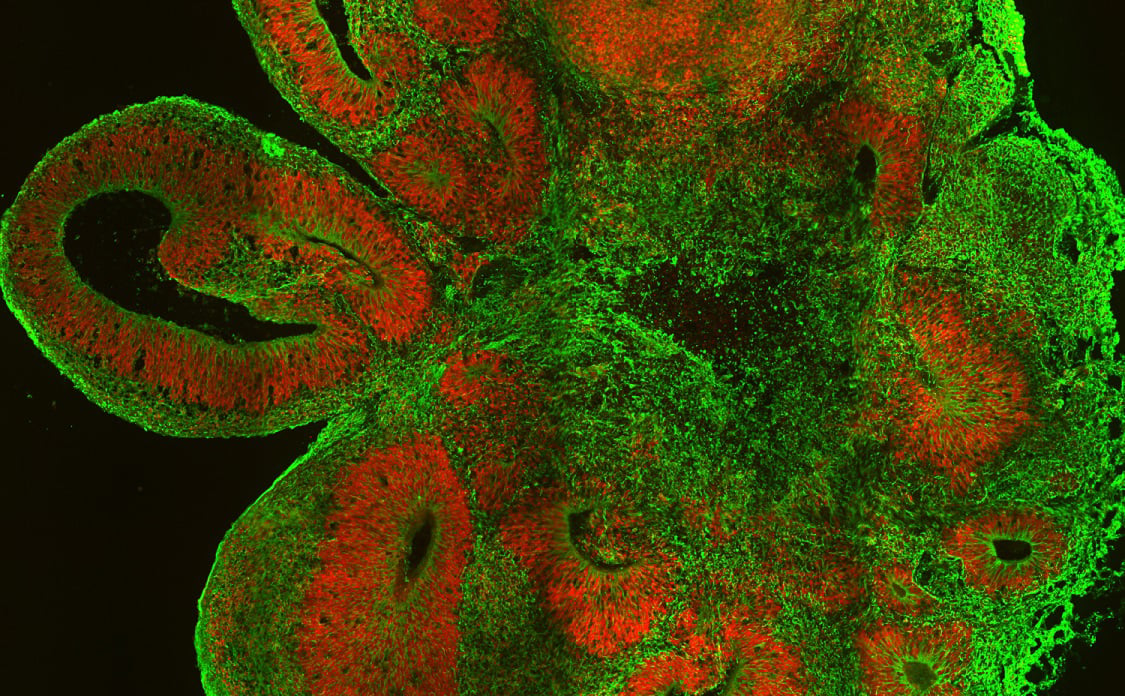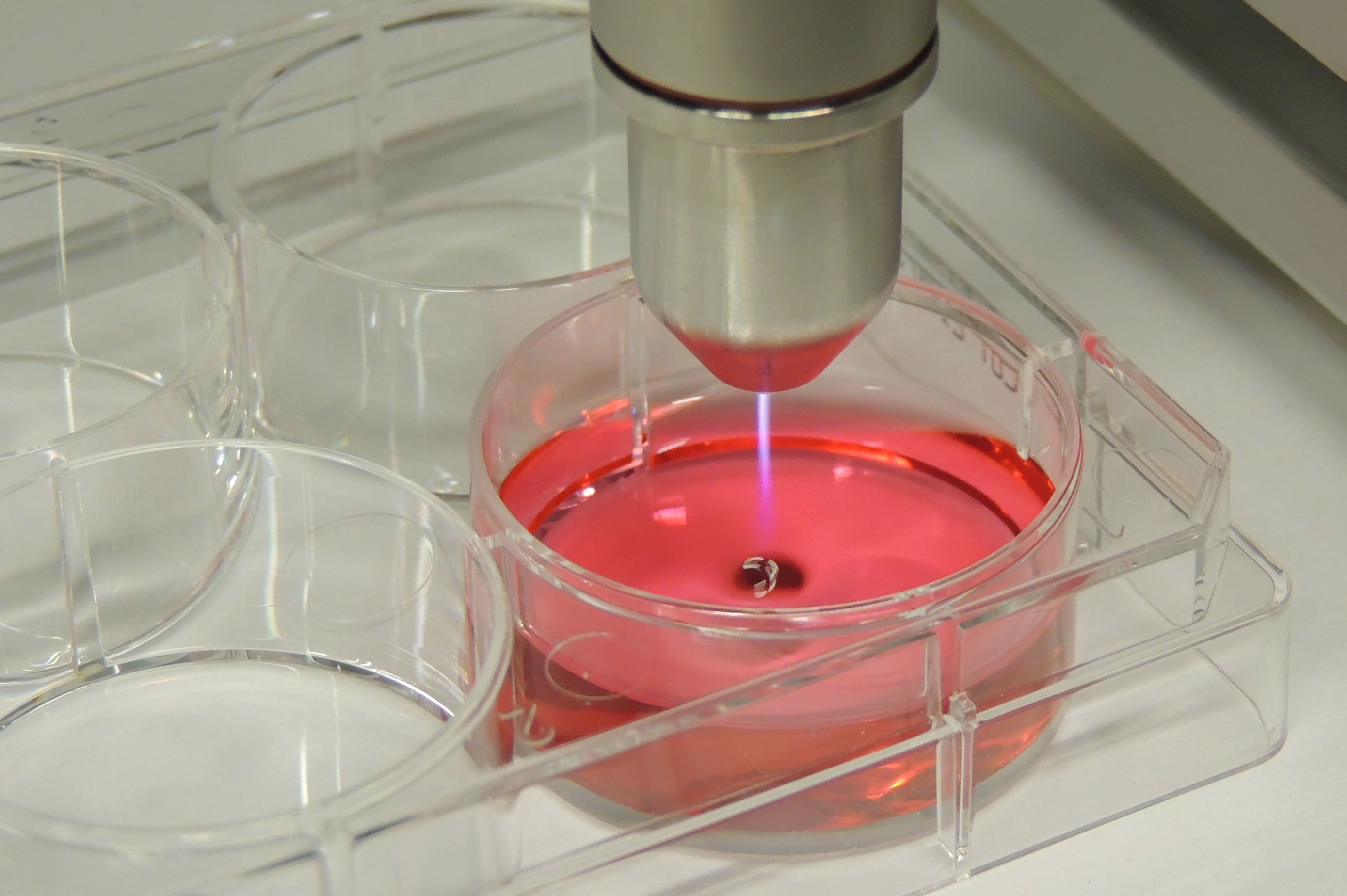Nature or nurture: How do we end child obesity?
A smartphone app that challenges children to engage in healthy behaviour, and genetic studies that investigate risk factors for obesity, are taking a nature and nurture approach to tackling one of the biggest epidemics of our time – childhood obesity. Around 224 million children around the world are overweight, making obesity one of the biggest public health … Read more


